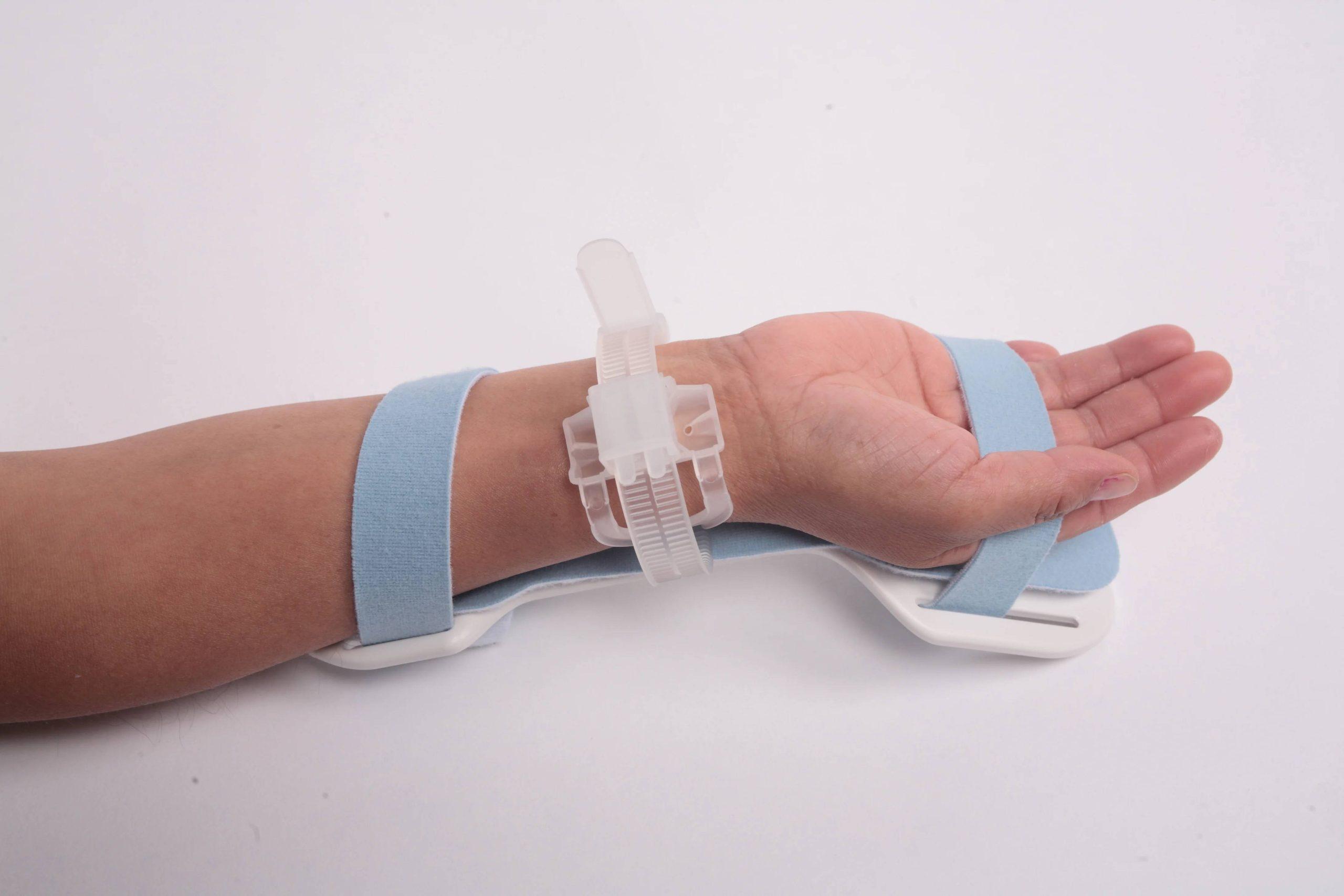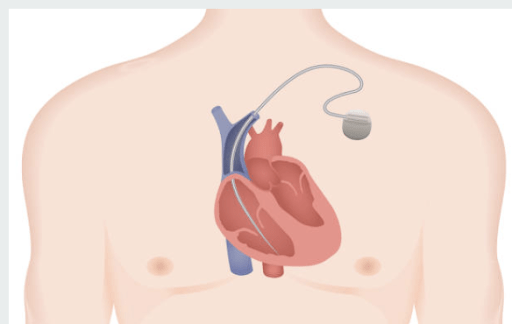
M.B.B.S, M.D(General Medicine) ,
D.M (Cardiology), Consultant
Interventional Cardiologist
Best Cardiologist in Aurangabad
Dr. Shrikant is one of the best consultants and interventional Cardiologists in Aurangabad. has 10 years of experience in Intervention Cardiac Procedures. During the tenure of 4.5 years in Cardiology Department of TNMC and BYL Nair Hospital , Mumbai , a tertiary referral center ,gained expertise in managing both indoor and outdoor patients . well worsed and mastered in the management of Acute Coronary Syndrome (Heart Attack) patients, Cardiac arrest patients, Patients with complete heart block , Dilated Cardiomyopathy(Weak heart) , Valvular heart disease patients(Hole in the heart), Patients with tachycardia & arrythmias,Peripartum Cardiomyopathy as well as Congenital Heart disease Patients and also honed the STATE OF ART skills in interventional cardiology.
Diagnostic & Therapeutic Services Provided

About us
We Believe in Providing Quality Care treatment with empathy ethics & Precision also our aim is to Provide safe and affordable treatment as per latest Guidelines. Here we provide specialist treatment for everything related to your heart. Also, Dr. Shrikant Dhanwale who is one of the Best Cardiologist in Aurangabad, focus on preventive cardiology that is to guide you properly to avoid heart heart problems in the future. cardiologist checking ecg in echo meter
Book Your Appoinment Now !
To better understand the outstanding care and treatment see what the patients are saying about their individual experiences with the doctors and staff.
Happy Patient
Trustindex verifies that the original source of the review is Google. Best heart specialist in aurangabad Highly recommend 👍Trustindex verifies that the original source of the review is Google. धनवाले सर खूप छान ट्रीटमेंट देतात. आमच्यासारख्या गोरगरिबांना समजून सांगतात .व वेळ देऊन फोन वर देखी वेळ देतात त्याबद्दल त्यांचे मनस्वी धन्यवाद🙏Trustindex verifies that the original source of the review is Google. Best cardiologist in AurangabadTrustindex verifies that the original source of the review is Google. The Best Cardiologist .. Best Heart Specialist .. My very good experience.. Special Thanks..Sirji🙏Trustindex verifies that the original source of the review is Google. Good experience Doctor. Best Cardiologist.
Frequently Asked Have Any Question?
A cardiologist is an internist who has specialized training in the diagnosis and management of diseases which affect the heart and blood vessels. All cardiologists will have basic training in the recognition and treatment of these diseases using noninvasive techniques such as stress testing, ultrasound and nuclear techniques. A large number will also have the ability to perform cardiac catheterization, including performing balloon angioplasty and the placement of stents for occlusion in the arteries to the heart, as well as other organs. At times, cardiologists may refer patients for advanced procedures, including open heart surgery. for treatments related to heart visit Dr. Shrikant Dhanwale, Best Cardiologist in Aurangabad
A heart attack refers to the death of heart muscle tissue caused by a sudden arterial blockage, which is usually the formation of a clot on top of a pre-existing buildup of cholesterol, called a plaque. The most common symptoms associated are chest, arm and neck pain. Current technology allows the re-opening of blocked arteries to preserve heart muscle and thereby heart function. It is therefore imperative that medical help be sought as soon as chest pain and associated symptoms occur.
Stress testing is a method by which your heart can be examined for the possibility of coronary artery blockage. The test involves a progressive increase in workload under continuous electrocardiographic monitoring conditions. The test is carried out to a predetermined level based primarily on heart rate. Frequently, stress testing is performed in conjunction with echocardiography or nuclear scanning of the heart muscle. These methods increase our ability to make an appropriate and correct diagnosis. The test is usually performed in patients who have symptoms or in whom there is a strong suspicion of the possibility of coronary artery disease, such as individuals with multiple risk factors.
A stroke is death of brain tissue due to either bleeding into the brain or interruption of blood flow to an area of the brain. In the adult, the most common cause of stroke is the interruption of blood flow. This can occur in situ at the location of the stroke within the brain due to vascular disease or it can be a result of the passage or embolization of particulate matter from arteries in the neck, the large aorta within the chest, or the heart itself. This particular matter can be clotted blood or fragmented bits of cholesterol. Stroke is the most common complication related to longstanding, poorly controlled high blood pressure or hypertension











